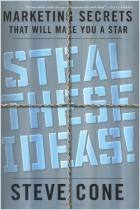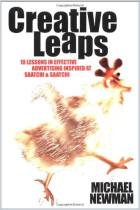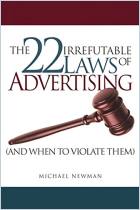
Powerlines
Words That Sell Brands, Grip Fans, & Sometimes Change History
Recommendation
“Powerlines” aren’t just thick black wires carrying electrical current. They also lend their name to the jingles, slogans and taglines that have proven powerful enough to make a long-lasting imprint on the collective consciousness. If you’ve ever found yourself humming, “M’m, M’m, Good,” as you open a can of soup, or telling yourself, “Just Do It!” when you go for a run, then you are familiar with this phenomenon. Author Steve Cone ponders why some phrases stick while others live fleetingly and make no impression. He identifies several factors that give powerlines their punch, such as inserting unexpected words, telling a story that resonates with the listener, and using rhythm, cadence and music. Strangely, the book lacks in-depth instruction on how to compose a powerline. Cone prefers to dwell on his favorites, packing the book with quotes and examples, which makes it a fun read for those who want to take a nostalgic stroll down Communication Lane. getAbstract recommends this enjoyable book to media and political buffs, advertising students, marketers and campaign managers.
Summary
About the Author
Steve Cone has worked in marketing for more than three decades. His first book was Steal These Ideas! He is currently the chief marketing officer for Epsilon. His past clients include Apple, Citigroup, American Express and United Airlines.












Comment on this summary